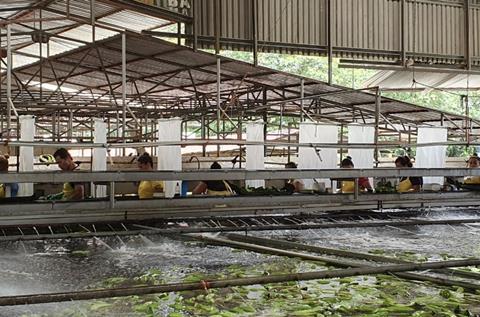Agricultural products like pineapples, bananas and coffee in the firing line
Pineapples and bananas are among the Costa Rican products that would be worst affected by Trump’s new tariff regime, according to analysts.

On 9 April, the US president announced a 90-day pause to the imposition of the new tariffs to allow for trade negotiations, but uncertainty reigns among businesses and consumers.
Anelena Sabater, an economist and professor of risk management, told La República that these two fruits, together with coffee and medical devices, would be the most exposed to the new US trade policy. But she said the exact impact will depend on the elasticity of demand for these products and who ultimately bears the additional cost.
Sabater’s prognosis is supported by analysis from the International Centre for Economic Policy for Sustainable Development (Cinpe) of the National University of Costa Rica, which estimates that pineapple exports to the US will fall by 8 per cent and bananas by 19 per cent this year.
Costa Rica’s dependence on its North American trading partner is profound. Data from trade promotion agency Procomer shows that in 2024, it exported US$9bn of good to the US, representing 47 per cent of its total exports.
This means that the tariffs will have a significant impact on the economy, leading to lower employment, reduced foreign investment, a higher exchange rate, and a halt to economic growth.
As a result, Cinpe this would slow down Costa Rica’s economic growth forecast for 2025 from 3.6 per cent to 3 per cent.



